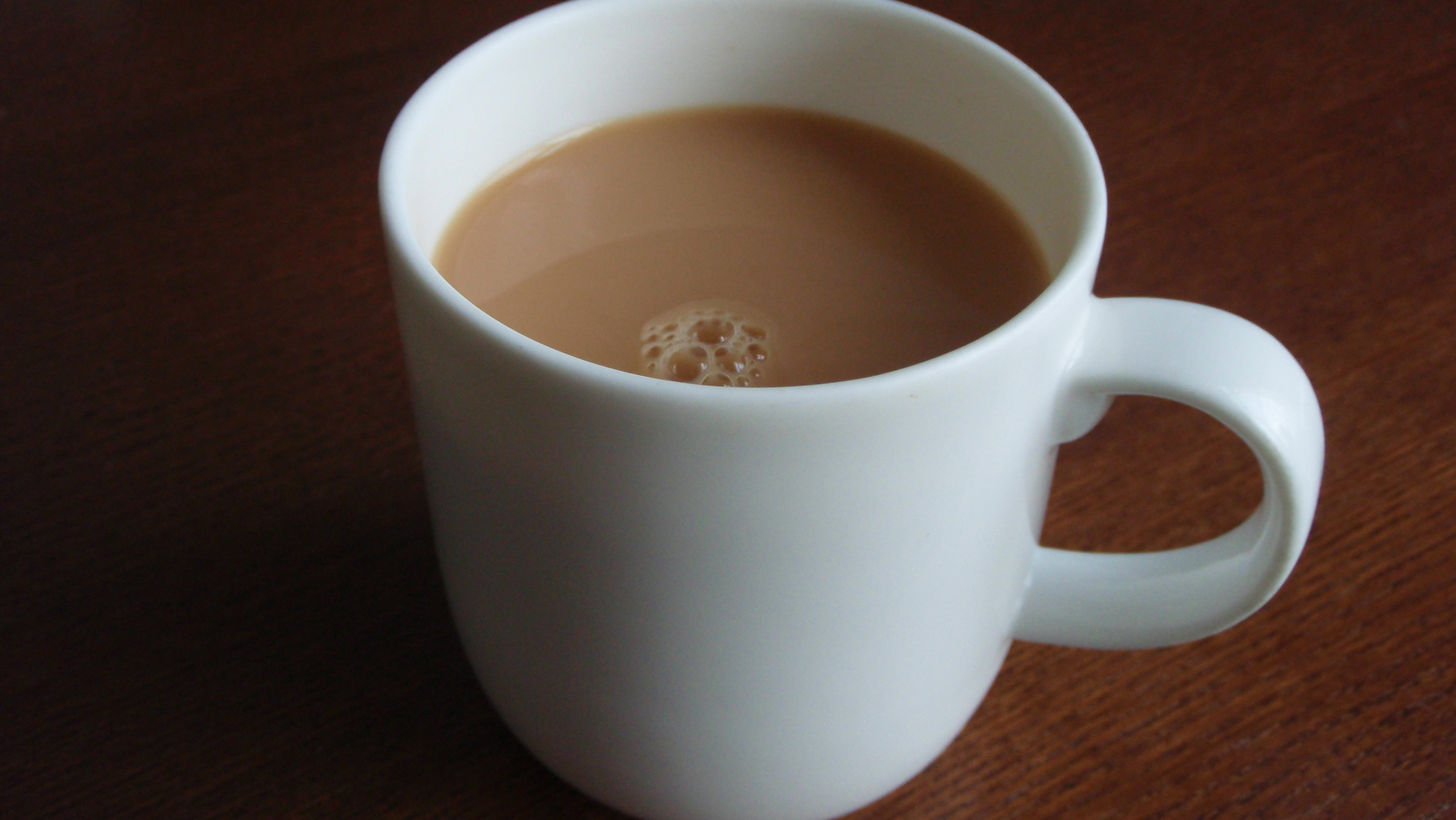Netflix and iPlayer end the cuppa electricity surge
National Grid says there is no longer a major power spike during popular TV shows as viewers watch on demand

A free daily email with the biggest news stories of the day – and the best features from TheWeek.com
You are now subscribed
Your newsletter sign-up was successful
Britain's traditional power spike during and after popular television shows has plummeted due to viewers watching their favourite programmes in different ways, says the National Grid.
Traditionally, power stations would see a surge in demand during an ad break or at the end of a show as viewers simultaneously got up from their seats and put the kettle on.
The change is being linked to the rise of on-demand streaming services such as Netflix, BBC iPlayer and Amazon Prime.
The Week
Escape your echo chamber. Get the facts behind the news, plus analysis from multiple perspectives.

Sign up for The Week's Free Newsletters
From our morning news briefing to a weekly Good News Newsletter, get the best of The Week delivered directly to your inbox.
From our morning news briefing to a weekly Good News Newsletter, get the best of The Week delivered directly to your inbox.
"For decades, the communal cuppa during a television commercial break has brought the nation together," says the Daily Mail. "But now the very British phenomenon is starting to fade away."
For instance, an episode of EastEnders would spark an approximate power surge of 660MW 15 years ago, but that fallen to 200MW.
"We see as many [spikes in demand] but they are much, much smaller than they were," Jeremy Caplin, the forecasting manager at the National Grid, told the Financial Times.
"The way that people watch TV has meant that they have come down in size," he added.
A free daily email with the biggest news stories of the day – and the best features from TheWeek.com
Historically, surges have been so large that the National Grid keeps back-up power stations on standby "to make sure the system stays stable", the newspaper says. "Grid managers also have a subscription to the Radio Times to monitor looming blockbusters that are likely to draw big ratings."
Spikes are still witnessed during large sporting events, such as the football World Cup, but the surge is difficult to predict.
When the hugely popular Great British Bake Off moved over to BBC1 in 2014, the team prepared for a huge demand for electricity afterwards.
"But then BBC went straight on to some nature programme where they had ten baby pandas on the screen," he said. "Nobody in the entire country moved from the TV screen. There was no pick-up at all."